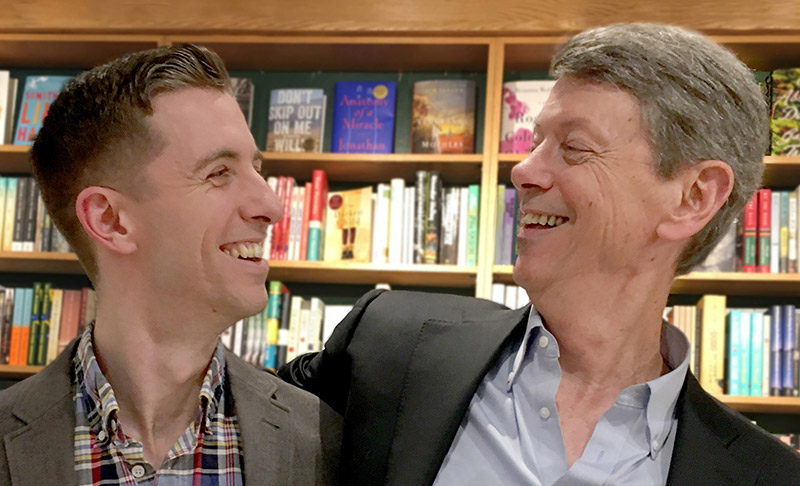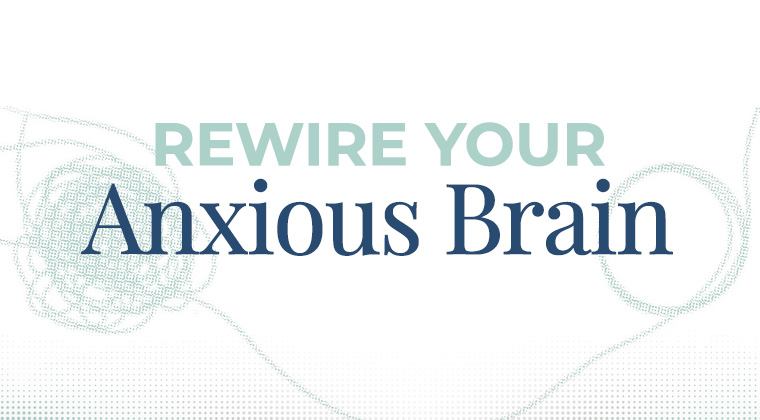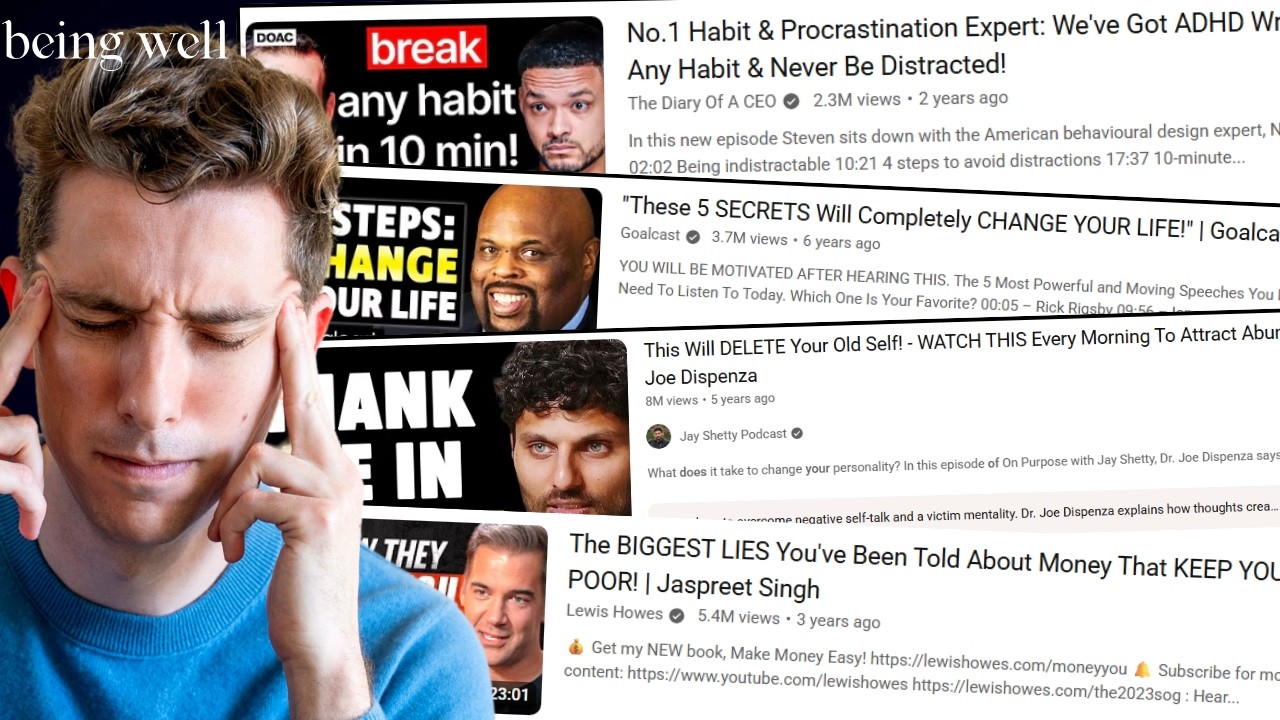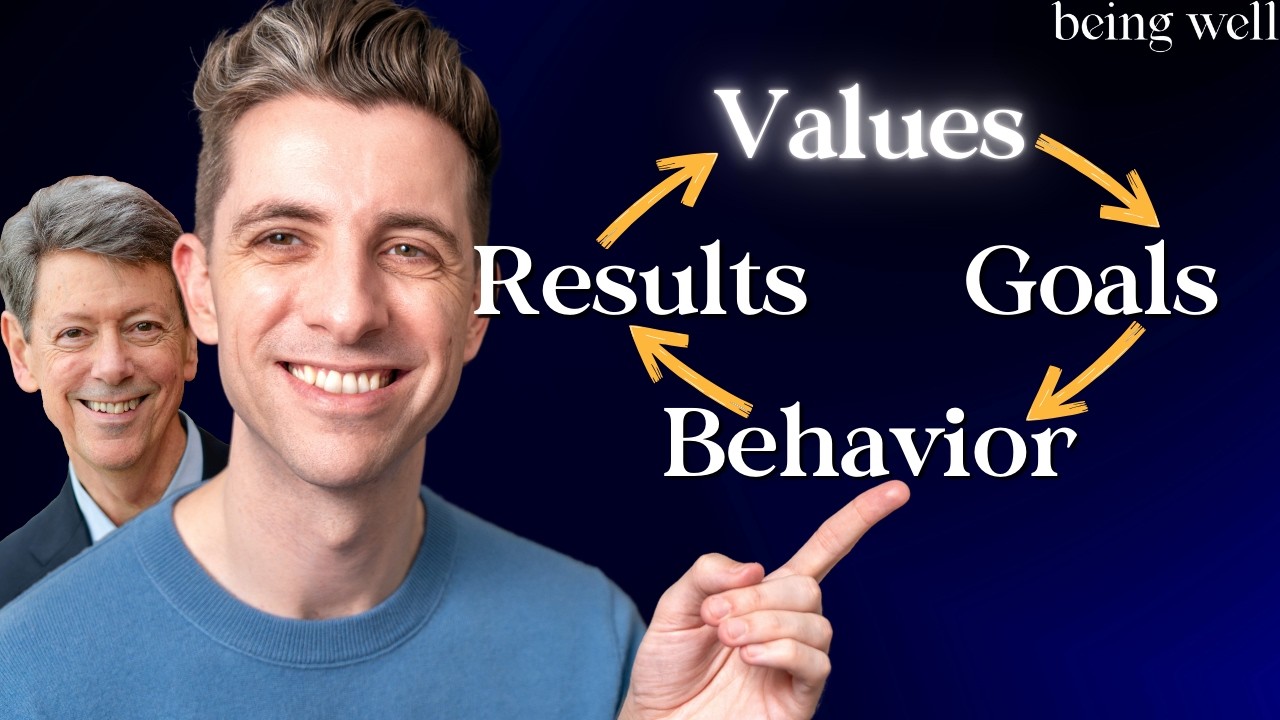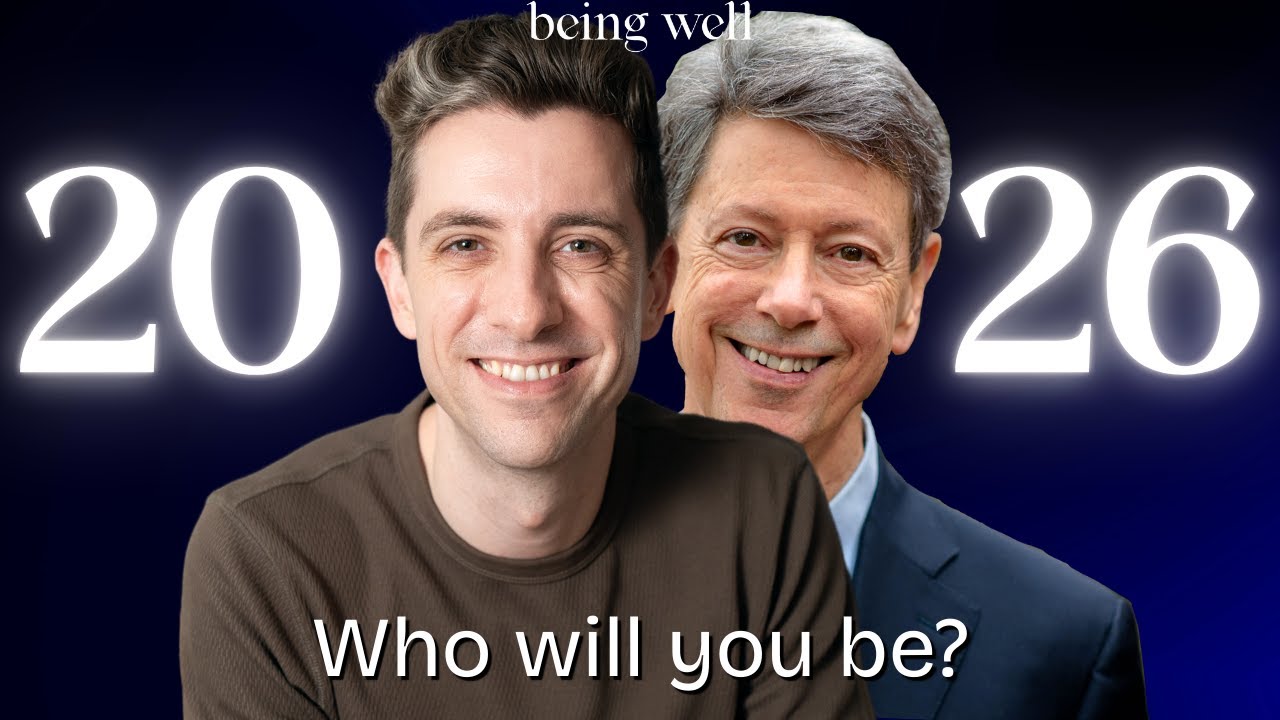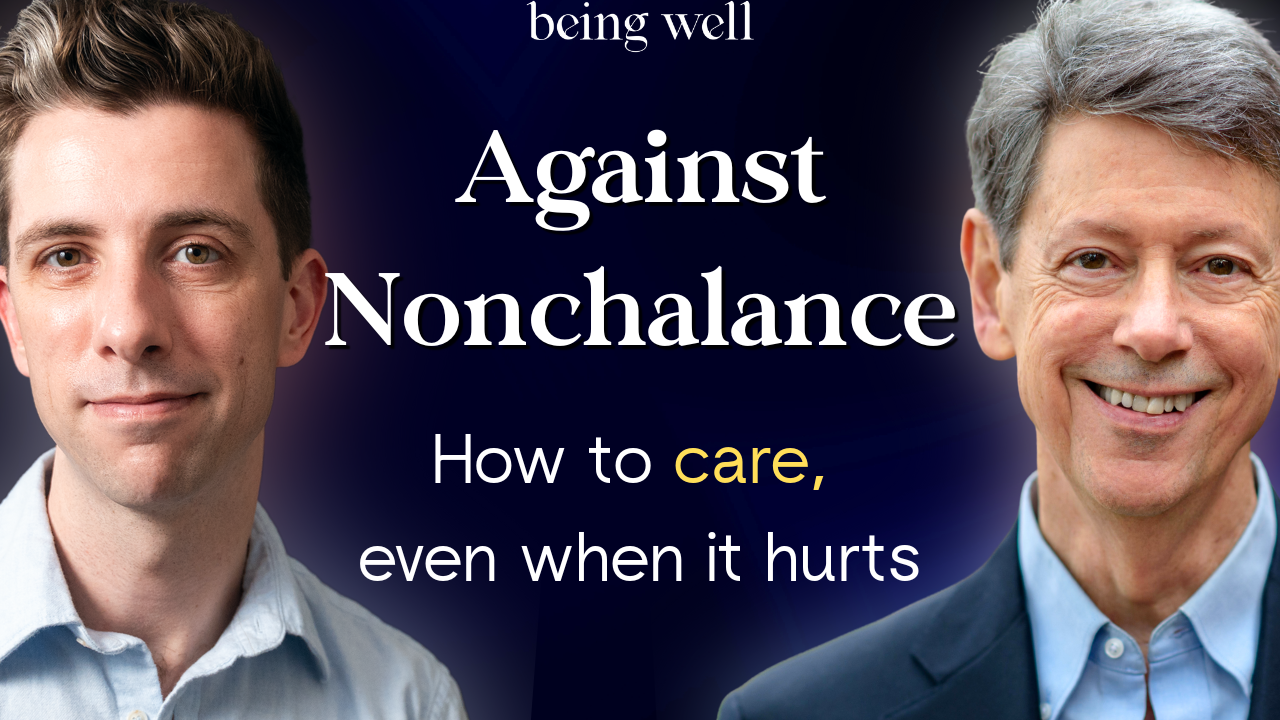We all think of stress as “bad” for you, but what if some forms of stress could actually help us grow and change for the better? On today’s episode of Being Well, Forrest and Dr. Rick are joined by Dr. Elissa Epel, a psychologist and leading stress researcher, to explore the science behind the stress response.
They explore different forms of stress, what separates “good” stress from “bad” stress, how we can take advantage of good stress, and dealing with existential forms of stress like the climate crisis.
About our Guest: Elissa Epel is a psychologist, bestselling author, and a Professor and Vice Chair in the Department of Psychiatry at the University of California, San Francisco. Her research focuses on stress, well-being, and optimal aging. She’s also the best-selling co-author of The Telomere Effect, and her newest book is The Stress Prescription: Seven Days to More Joy and Ease.
New Course From Rick! Learn the lessons of a lifetime in the new and improved Foundations of Wellbeing 2.0 program. This yearlong, online program teaches you how to grow the 12 key inner strengths that lead to lasting wellbeing during difficult times. Our New Year’s sale is going on now, and you can use the code BeingWell25 to get an additional 25% off the purchase price.
Key Topics:
- 0:00: Introduction
- 1:10: Toxic stress vs. hormetic stress
- 6:30: Challenge orientation vs. threat response
- 11:35: Simple anchoring practices and their effects
- 17:00: Autophagy
- 19:00: Practical consequences of different forms of stress
- 25:25: Distinguishing physiological from psychological stress
- 31:00: Comfort with uncertainty and shared existential concerns
- 40:20: The future of the planet and its inequities
- 42:40: Recap
